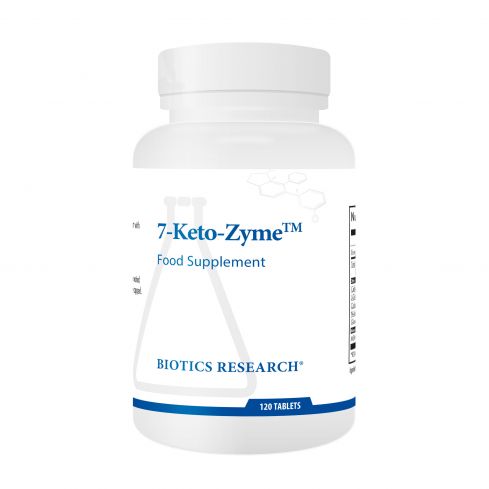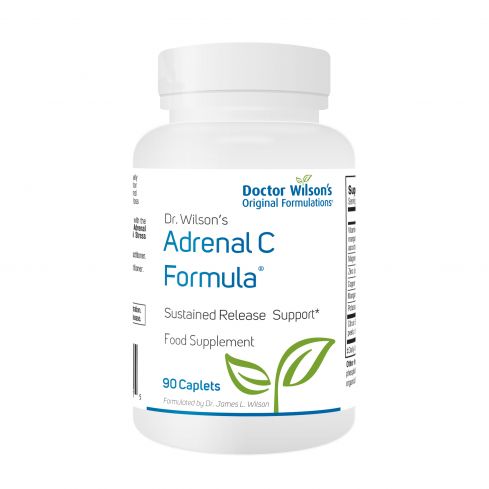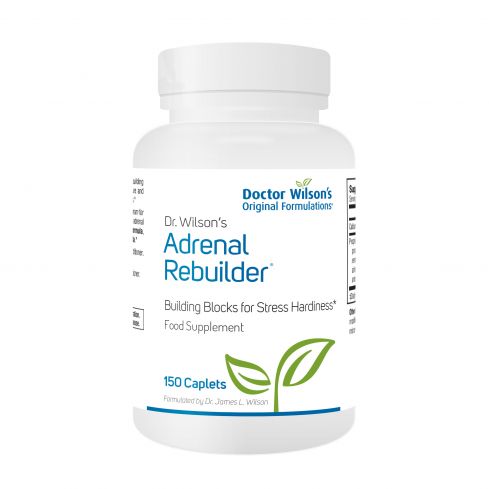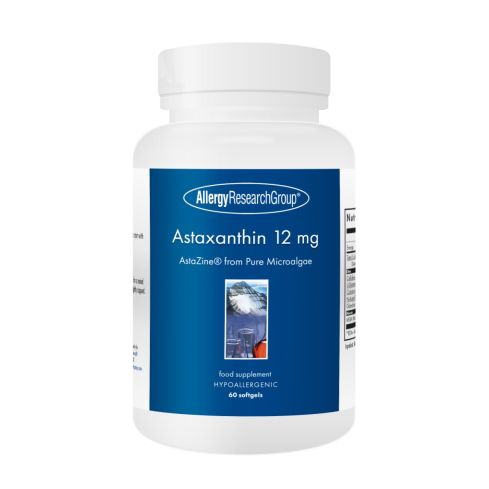- Home
- Products
- Conditions
- Metabolic Support
Metabolic Support
Metabolism is a global term referring to the sum of chemical reactions that occur withn a living organism, and are broadly divided into two categories: catabolism and anabolism. These are linked to the wide array of activities in the body from growth, aging and the production of energy. Commonly, however, metabolism is used to refer to the level or balance of hormones.
The regulation of aging and energy homeostasis share molecular pathways. Many of the genes recently discovered that can be manipulated to slow the aging process belong to pathways involved in the control of metabolism. Energy homeostasis dysregulation occurs during the aging process, when aged men and women experience a reduced ratio of lean to fat mass, and a redistribution of fat from subcutaneous to visceral areas that surround the internal organs located in the body’s trunk. This leads to decreased insulin sensitivity and increased serum insulin, which can result in the metabolic syndrome and type 2 diabetes. Among younger individuals who have increased visceral fat mass there is a greater risk of the development of diabetes, heart disease, hypertension, gallbladder disease, neurodegenerative disease, and a number of cancers, all of which are associated with aging.
Degree of obesity has also been found to be inversely correlated with life expectancy. Calorie restriction, which has been the most successful means so far to extend the lifespan of numerous species, prevents obesity and has been demonstrated to postpone many signs of aging and protect against a number of age-related diseases. This life extending therapy also has been shown to affect genes involved in energy metabolism. Calorie restriction, as well as genetically manipulating the insulin receptor in fat cells, prevents visceral obesity and its consequent insulin resistance and elevated insulin levels, in addition to extending lifespan.
Our genes interact intimately with our environment. Every bite of food we eat, every thought we think, every stress we experience, and every toxin we ingest or inhale carries a specific message to our genes, turning them on (or off), and telling them how to behave. As a result, our genes are programmed, moment by moment, to actively create either weight loss or weight gain, health or disease.
The selection of food type has greater impact on human metabolism that its simple macro content, the concept that weight is all about caloric management is no longer accepted as the only mechanism that impacts upon body mass, or indeed health. The choice of food micronutrient concentrations, probiotics and gene expression modifiers represent the emerging area of metabolic management via gene expression.
What are the best supplements to increase metabolism?
Are you struggling to lose weight despite following a healthy diet and exercise routine? The problem could be a sluggish metabolism. Fortunately, we have a range of metabolic support supplements to help you increase your metabolism and achieve your weight loss goals.
Our Metabolic Support category offers a variety of supplements designed to speed up your metabolism, burn calories, and boost energy levels. Whether you're looking for fast metabolism pills or supplements to increase metabolism after 40 or 50, we have something for everyone.
Our products are made from high-quality ingredients that are safe and effective. We understand that everyone's needs are different, which is why we offer a variety of options to choose from.
References
- Martin FP, Nicholson JK, et al. Probiotic modulation of symbiotic gut microbial-host metabolic interactions in a humanized microbiome mouse model. Mol Syst Biol. 2008;4:157. Epub 2008 Jan 15. View Abstract
- Li M, Wang B, et al. Symbiotic gut microbes modulate human metabolic phenotypes Proc Natl Acad Sci U S A. 2008 Feb 12;105(6):2117-22. Epub 2008 Feb 5. View Abstract
- Sinclair DA. Toward a unified theory of caloric restriction and longevity regulation. Mech Ageing Dev. 2005 Sep;126(9):987-1002. View Abstract
- Corton JC, Brown-Borg HM. Peroxisome proliferator-activated receptor gamma coactivator 1 in caloric restriction and other models of longevity. J Gerontol A Biol Sci Med Sci. 2005 Dec;60(12):1494-509. View Abstract
- Ruden DM, Lu X. Evolutionary conservation of metabolism explains howDrosophila nutrigenomics can help us understand human nutrigenomics.Genes Nutr. 2006 Jun;1(2):75-83. View Abstract
- Mutch DM, Wahli W, Williamson G. Nutrigenomics and nutrigenetics: the emerging faces of nutrition.FASEB J. 2005 Oct;19(12):1602-16. View Abstract
- 47 items
- 2 items
- 10 items
- 21 items
- 2 items
- 7 items
- 1 item
- 5 items
- 27 items
- 6 items
- 16 items
- 22 items
- 1 item
- 26 items
- 42 items
- 1 item
- 6 items
- 19 items
- 24 items
- 6 items
- 39 items
- 5 items
- 5 items














